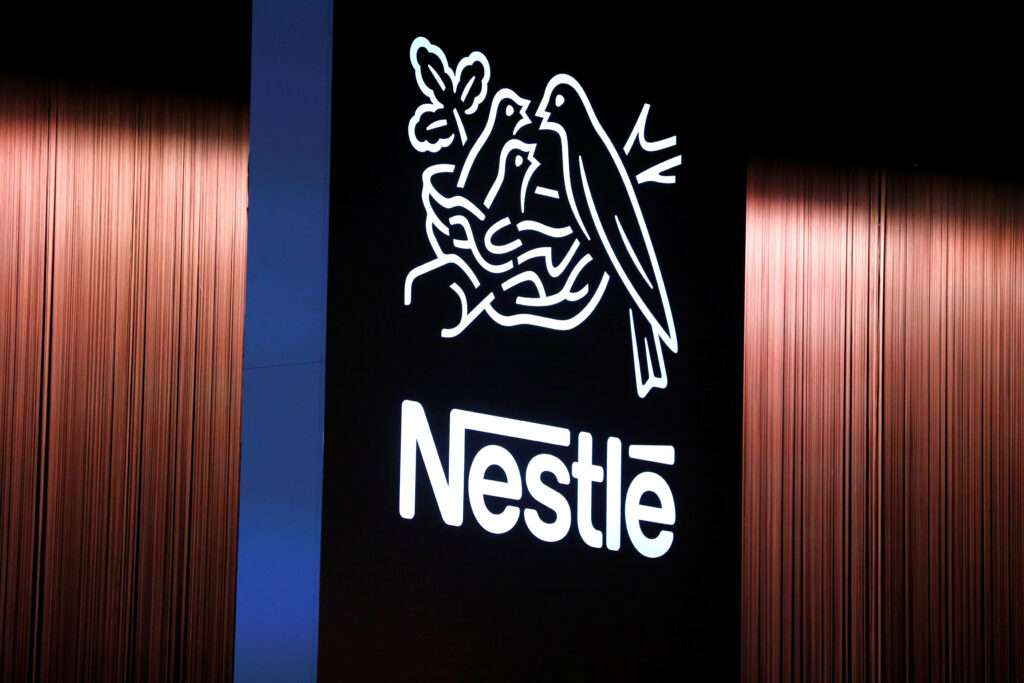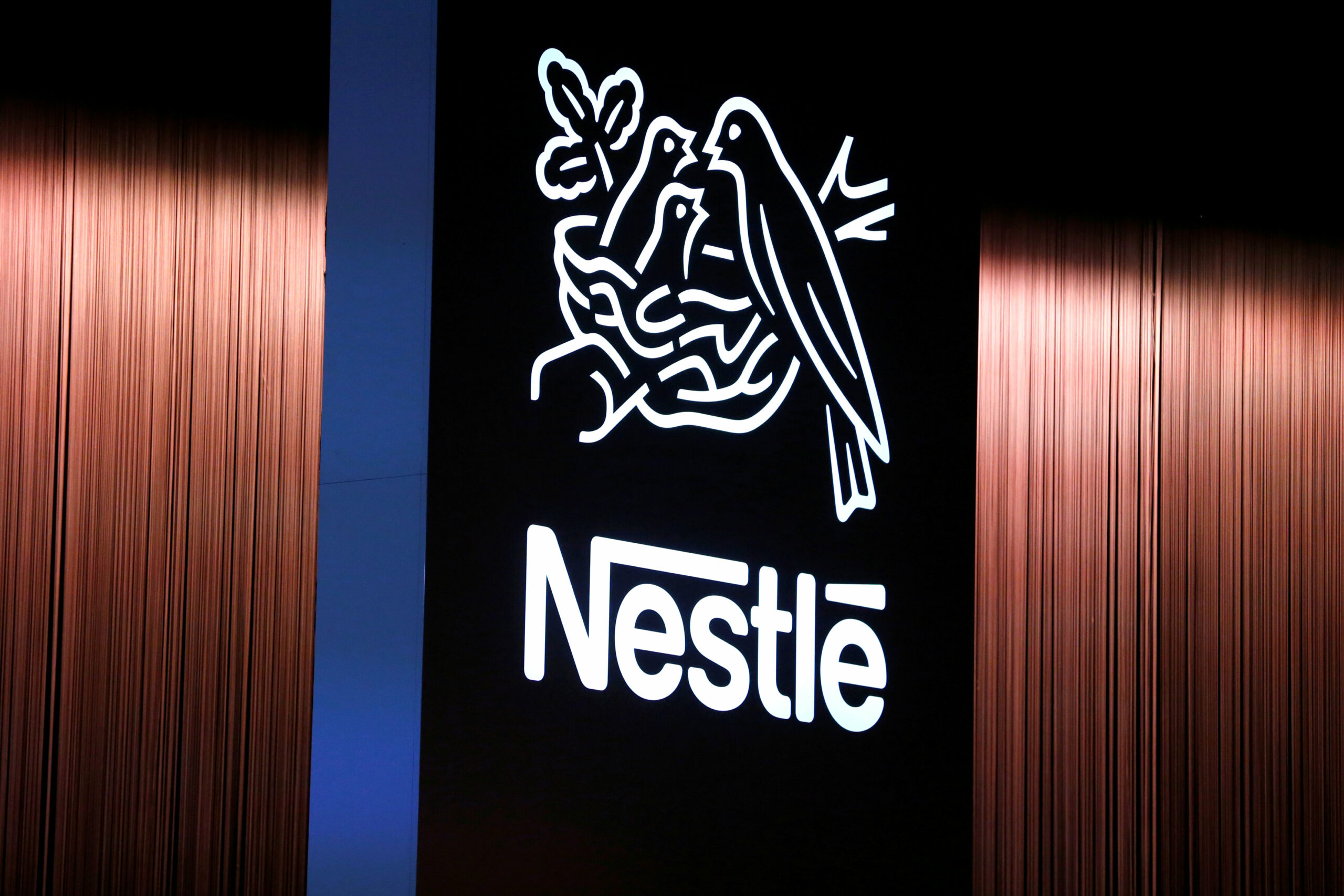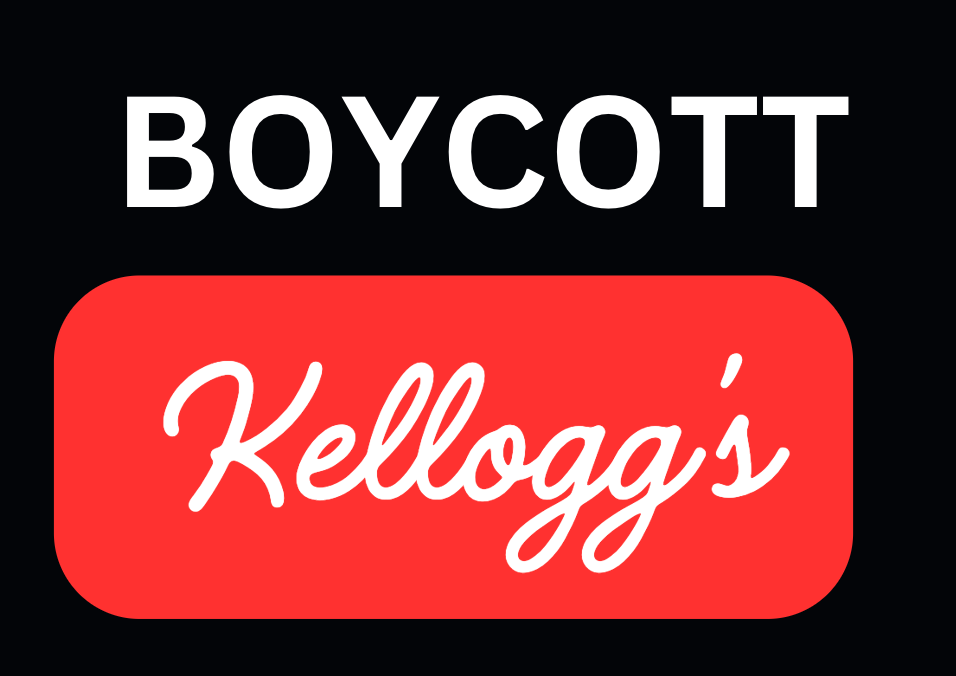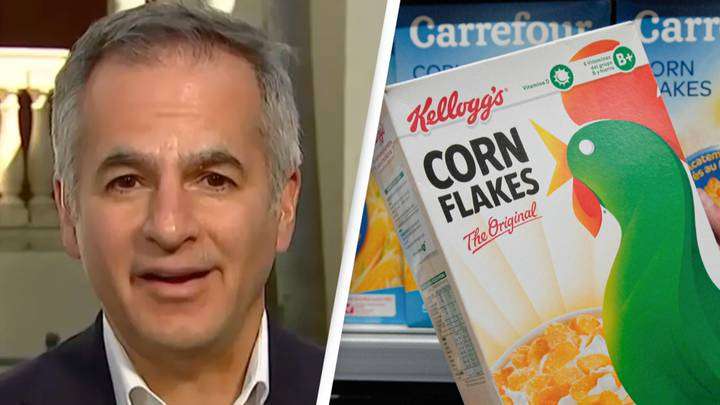Nestlé Defends Strategy Against Investor Pressure to Cut Unhealthy Ingredients
Introduction
Nestlé, the largest consumer goods company globally, recently confronted significant shareholder pressure aimed at reducing the unhealthy contents—namely high levels of fat, salt, and sugar—in its products. Despite this push for healthier alternatives, the Swiss multinational succeeded in maintaining its current product strategy, backed by a majority of its shareholders.
Shareholder Meeting Outcomes
At Nestlé’s annual shareholder meeting, a resolution to cut back on unhealthy ingredients was only supported by 11% of the votes, with a commanding 88% backing the company’s current direction. This decisive outcome underscored the shareholders’ preference for maintaining the status quo, despite mounting concerns over the health implications of Nestlé’s product range.
Investor Concerns and Advocacy
A group of five institutional investors, managing assets totaling approximately $1.68 trillion, expressed their unease regarding the reputational and health risks associated with Nestlé’s focus on indulgent products. These investors, influenced by campaigns from organizations like ShareAction and research from institutions such as the University of Oxford, highlighted that a significant portion of Nestlé’s UK sales comprised foods high in undesirable nutrients.
Despite the strong opposition, Nestlé had actively campaigned against the proposal, arguing that shifting away from its indulgent product line could restrict the company’s strategic flexibility and negatively impact its market positioning.
Strategic Rationale Behind Nestlé’s Position
Nestlé’s management, led by Chairman Paul Bulcke, emphasized the importance of offering consumers a balanced choice, including the occasional indulgence. Bulcke articulated a vision where informed consumer choice and responsible consumption coexist with moments of indulgence, like enjoying high-quality chocolate. He strongly opposed the notion of completely distancing the company from its indulgent product range, labeling such a move as potentially detrimental to Nestlé’s strategic freedom and decision-making capabilities.
Nutritional Targets and Future Plans
Amidst these debates, Nestlé has set a nutritional target for 2030 to enhance the nutritious value of its products. However, this target has been criticized by ShareAction as insufficient and merely reflective of Nestlé’s overall growth projections. The activist group pointed out that the commitment did not adequately address the proportion of unhealthy products, which might continue to grow at a similar pace. They also noted that some of the products included in the nutritional targets, like coffee, do not contribute nutritional value, which further dilutes the impact of the targets.
Industry Trends and Consumer Expectations
The discussion at Nestlé’s shareholder meeting is indicative of a broader industry trend where consumers and investors are increasingly holding companies accountable for the health impacts of their products. This shift reflects a growing public awareness and concern over the role of diet in health and the responsibility of food manufacturers in promoting healthier lifestyles.
Conclusion
While Nestlé has successfully defended its product strategy against the push for healthier alternatives, the controversy highlights the evolving challenges facing the food industry. As consumer preferences shift towards healthier options, companies like Nestlé will need to find a balance between indulgence and nutrition, navigating both market demands and public health responsibilities. The outcome of this shareholder meeting may just be a precursor to more significant changes in industry practices as public health considerations gain prominence in corporate strategy.
Related: Why is Nestle Adding Sugar To Infant Milk?

Source: The Guardian



